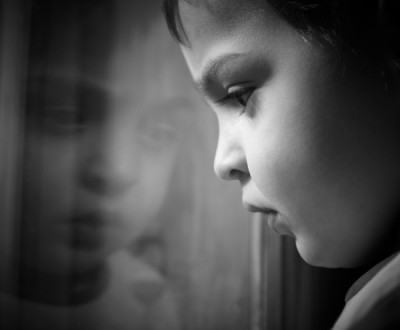Children of incarcerated mothers

When fathers are incarcerated, in many cases the mother remains at home to take care of the children. In contrast, research carried out abroad has shown that when mothers are incarcerated there is seldom any father present to take over care of the children. As the mother can no longer care for her children, they are often placed elsewhere, outside of the home. This might be with a grandmother, another family member, foster care, or sometimes children are left to look after themselves. In many cases, siblings are separated from each other.
What happens to the children of these mothers? Previous research has mainly focused on asking the incarcerated mothers about the well-being of their children. Sanne Hissel asked the children themselves.
Research has shown that more than half of children of incarcerated mothers are struggling with complex behavioural problems. This prevalence rate is much higher than in the general Dutch population. Many mothers appear to have been the sole carer of their children prior to incarceration. Hissel also found that problems concerning the care of their children were also present prior to incarceration: these children’s lives have been affected not only by their mothers’ incarceration but often also by domestic violence and drug abuse.
The question is whether these children’s problems can be attributed to their unstable lives prior to the incarceration of their mother, or whether the turbulence of the incarceration itself played a role. By reconstructing the children’s lives, Hissel was able to show that mothers’ incarceration increased the instability. Furthermore, as a result of the incarceration, mothers had to share their caregiver role with others. This proved very difficult, partly because of the limited contact they had with these caregivers and with their children. Difficulties in maintaining contact between mothers and children played a major role in the poor functioning of the children.
Hissel argues that when considering punishment options for mothers with young children, the daily routine of these children needs to be taken into account. One way in which this can happen is by expanding the opportunities mothers have to contact their children, through allowing either telephone contact or email directly after school or before going to bed. Visiting rooms can also be arranged so that mothers and their children can spend time together in the most natural way possible.
This research was carried out in collaboration with the Faculty of Psychology and Education at the VU University, Amsterdam.
Hissel, S. (2014). Mum’s the Word. A study on children of incarcerated mothers’ well-being, psychosocial functioning, and caregiving situation. Amsterdam: NSCR.
Deel dit artikel
Actuele berichten

